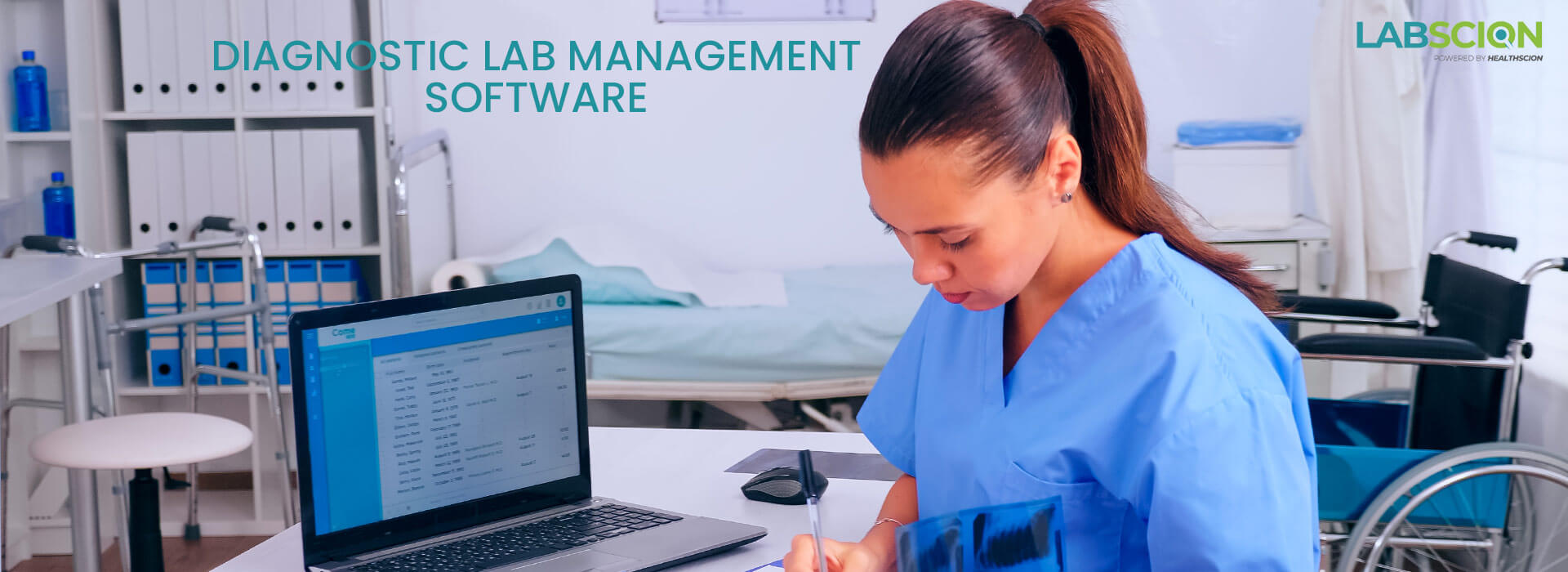
Factors to Consider when choosing online diagnostic lab software
A medical laboratory information system is software that manages and tracks data in modern medical laboratories. It supports various operations such as data tracking, workflow management, and data exchange. It is used by laboratory technicians, pathologists, and medical directors to coordinate medical tests and handle features like order entry and result reporting. Automation through this software provides several benefits to medical labs.
Real time Sample Tracking
Efficient medical laboratory management software utilizes a sample workflow manager to automate the handling process. The software enables real-time tracking by assigning barcodes to samples immediately upon collection. These barcodes contain information about the lab assistants responsible for testing and the equipment used, linking the results to the patients electronic medical record.
Time saving and Error-free Results
The best lab software significantly saves time by eliminating the need for manual accessioning of samples upon arrival. The software registers and assigns barcodes to each sample before processing, bypassing order entry and potential human errors. Integrating medical lab reporting functions further enhances efficiency by directly transferring equipment data to generate automated reports, reducing processing time and minimizing errors.
Streamlined Document Management
Effective treatment decisions rely on previous test results, ailment history, and other patient healthcare information. Diagnostic lab management software facilitates streamlined document management by collating the patients medical history within the testing institution. This centralized approach allows for comprehensive result comparison and enables detailed and accurate interpretation, particularly for patients in specialized facilities.
Enhanced Revenue Cycle Management and Billing Services
The complexity of revenue cycle management in healthcare facilities requires precision and significant effort. Laboratory information systems simplify this process by automating administrative tasks such as patient registration, test scheduling, diagnosis coding, insurance communication, and claims management. The LIS software streamlines revenue cycle management and medical lab billing services with features like patient scheduling, document management, and billing process optimization.
Comprehensive System Automation
Medical laboratory software plays a vital role in automating various aspects of lab operations. With a sample workflow manager, automates the sample handling process and assigns barcodes upon collection. Integrating reporting software functions eliminates the need for separate systems and directly transfers data for automated report generation. This comprehensive system automation enhances efficiency and accuracy in the laboratory.
Scalability and Flexibility
The best lab management software offers scalability and flexibility. It should enable users to leverage modules without needing additional hardware, servers, middleware, or interfaces. Utilizing a singular database eliminates silos and forms an all-in-one platform. This scalable solution enhances accuracy, standardizes lab processes, and reduces manual effort within the laboratory.
Conclusion
A robust laboratory information system should allow users to utilize modules without requiring additional hardware, servers, middleware, or interfaces. The software should be built on a unified database, eliminating silos and serving as a comprehensive platform that enhances accuracy, standardizes lab processes, and minimizes manual tasks in the laboratory.

